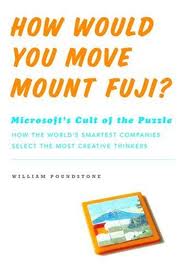The Hype Machine tracks songs and discussion posted on the best music blogs. Easily listen, discover and buy songs that everyone is talking about!
For any media-minded investor, the appeal of Volodkin and the Hype Machine is easy enough to see. Since the rise of Napster, the music industry has been in a prolonged state of upheaval – one that is only growing more chaotic. New tools are being invented (Pandora, Last.fm) for navigating the new digital soundscape. New avenues for promotion (the MP3 blogs) are emerging as star-making vehicles for acts like Arctic Monkeys and Gnarls Barkley. (The summer megahit “Crazy,” for example, first showed up on the Hype Machine last October.)
In this context, it’s not surprising that the Web is also enabling what Volodkin(20-year old founder of Hype Machine) calls a “new kind of conversation about music.”
Related Links
Business 2.0–Capturing the buzz
Hype Machine


